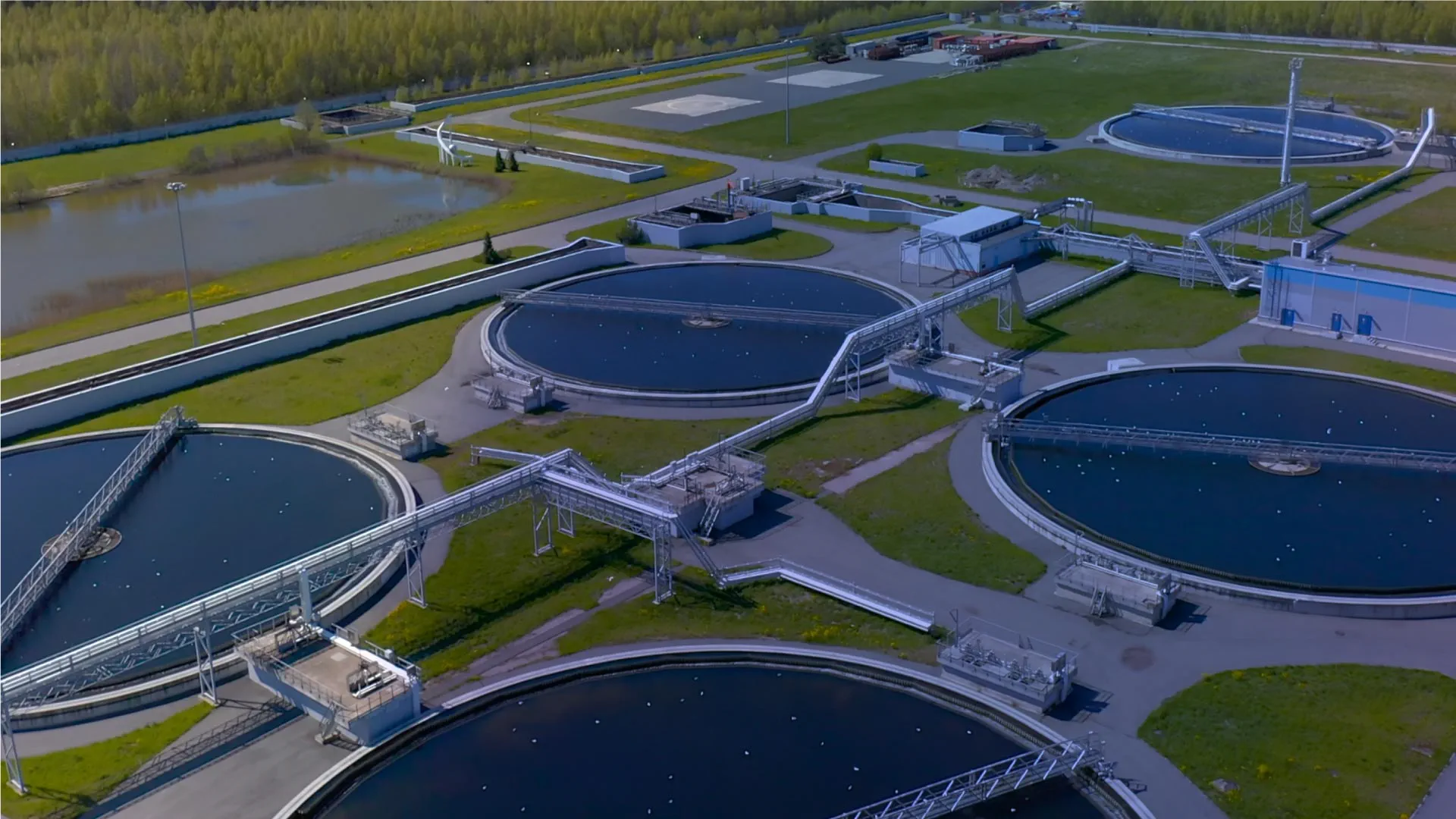The job of an engineer is never dull. There is always something different every day. Every tool we use, all the infrastructure we travel on, the various ways our lives are connected – all these things are connected to engineering and technology in one way or another. The impact this field has on society is incredible, and that, and so many other reasons, are why it’s such a great industry to become a part of.
My story
My engineering career started quite early on.
Growing up, I remember how many of our holidays seemed to involve visiting bridges and observing traffic counts in addition to your usual sightseeing and family get-togethers. But it makes sense, given that both my parents are engineers – my dad in civil engineering, my mom in environmental and transport engineering.
My parents’ line of work certainly influenced my early years. Even from a young age, I recall being so fascinated with the way people interacted with the physical world and vice versa, and how engineering fit into all that. So it was that piece – that understanding of the relationship between people and infrastructure – that led me to pursuing geography in my undergraduate.
Some of you might have found that surprising. But I took a bachelor’s in geography precisely because I was interested in the way people interacted with the physical world. Geography is a broad field of study, and gave me a global perspective on how people moved around the world, and how structures have evolved to accommodate our lives. Even though I did not take any engineering courses during my undergraduate, I have come to appreciate the foundations it instilled me and how they helped me become a better engineer once I eventually joined the workforce. It also made me realize that the path to becoming an engineer really does not have to .
After that, I took up a master’s in transport engineering. This was when I really began hone my specialization; to support my learning, I worked part time at an engineering consultancy so I can learn on-the-job and gain practical knowledge. Looking back, this had been an extremely busy point in my life, but the learning experience was invaluable and I know for a fact it had been the right thing to do. I was able to apply and see firsthand many of the concepts I was studying in school, and I even had the privilege to work on client projects.
Finding my path
Though I have always known I wanted to work in engineering, it wasn’t always clear cut exactly where and what I wanted to do in the field. So, in the same way I began my studies in a broad field and narrowed down my specialization, I started my career working on a variety of projects and slowly building up on my preferred area of expertise.
After five years of schooling, I went straight to work. My first job was with a multi-national engineering consultancy that afforded me the great privilege of working on projects from across the world. The very first project I ever worked on as an engineer was a GIS project where I helped map bus routes and use the data to figure out the accessibility of a particular city.
Over the years, I worked on several more projects around transportation, from road safety schemes to accessibility schemes, to supporting public inquiries. Throughout my early career, data – gathering and analyzing data, deriving actionable insights from data – has always been a big part of the work that I do. Gradually, I realized how certain kinds of projects really played into my strengths and interests, and I began to specialize in that area more and more. I focused on developing my skills in the space of data and decision-making, until I eventually wound up here at Arcadis Gen.
Dealing with roadblocks
In my career, one of the things I have always been prepared to do is take risks.
To me, risks have been more about grasping opportunities. There have been times when I was faced with great challenges, such as when I took on roles I had not done before, and I found the strategy to dealing with those roadblocks is two things: find the right people to support you then do the thing.
The biggest challenge of my career yet was when I took on Arcadis Gen. It had been a significant pivot for me and the learning curve had been very steep. The year running up to Gen’s launch had not been an easy one. I had to learn everything that came with running a technology business. Now I had to develop the technology I used to use before.
Having an incredible support team during this time was invaluable. My strategy when facing challenges is to take the leap of faith and figure out the rest afterwards. The latter part is possible by having the right people at your side to support, advise, guide and help you face and overcome the challenges. In my career, I have been incredibly lucky in the people I have met, so I have always made the effort to build a genuine relationship with them. Even now, their lessons continue to help me in my journey with Gen.
And that’s the beautiful thing about the engineering industry; the networks are robust and incredibly supportive. The Institute of Civil Engineers. Engineering UK. These are some organizations that are close to my heart, and through them I try to give back to the community and keep the chain of learning and mentoring going for the next generation of engineers.
But it’s not just seniors and formal organizations that can guide you in your career. There’s a lot of inspiration and lessons to be found from our young people. How they’re progressing and developing in these rapidly changing times are just as educational and inspirational.
To my younger self...
When I think about the earliest parts of my career, I realize there were moments when I had been quite impatient to get things done. I was so focused on the process of acquiring skills, developing them, and moving on to the next one that I did not always get to enjoy the learning journeys I have been one. Looking back, I do wish I had spent a bit more time appreciating the process of it all. Allowing myself to pause and focus on one thing at a time, especially the things I enjoyed, rather than always thinking about the next thing I wanted to do.
So to my younger self – and to anyone else considering a career in engineering – be patient. The field of engineering and technology is so vast and there are so many things you can do in this space, no matter where or how you start out.
And when you find yourself at a challenging time, when you deal with uncertainty and trepidation, remember the moments when you thought you could not do something but managed anyway. Honing your technical skills is important, but just as valuable is developing the ability to walk into something, knowing you do not yet have all the capabilities or the experience, but having confidence that you can do it anyway. You will get them, even if it doesn’t happen right away. And the right people will always be there to help you through the challenges. We may not have all the answers on our own, but I can bet you anything that the power of a group definitely does – even if it takes some time to arrive at those answers.
And through it all, do not forget that you are on a development journey. Your skills, capabilities and experiences are still growing, just as you are. Have fun. Enjoy the process. Keep going. Engineering and technology is ever evolving. There’s so much you can do, from stakeholder engagement, to the environment and sustainability, structures, modeling, data and decision science – there will never be a dull day in this field.
Did you find this information useful?
Did you find this information useful?
Thank you for your feedback!

 Back
Back









